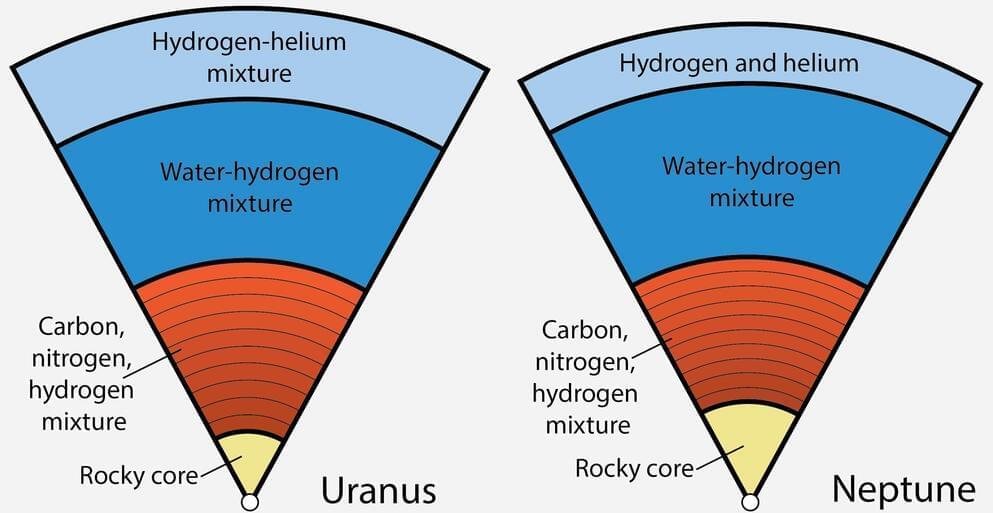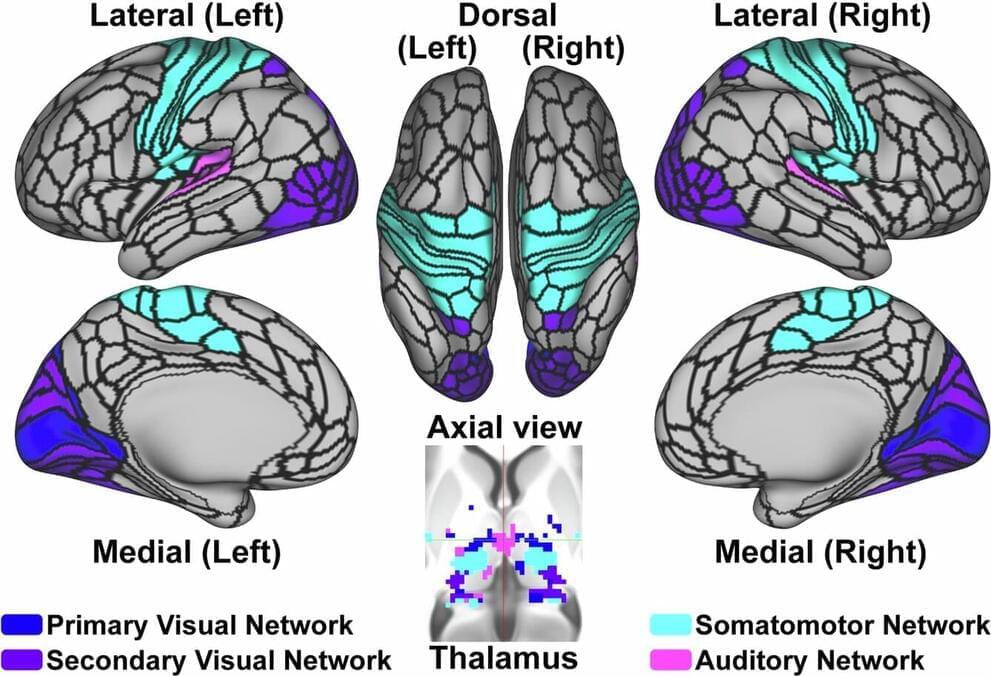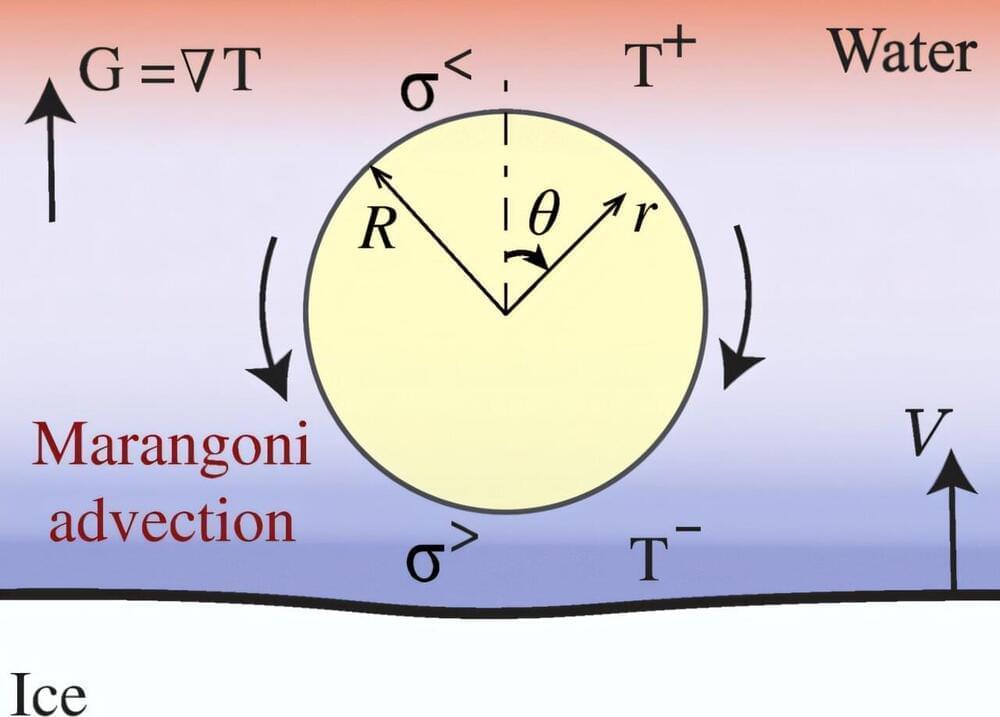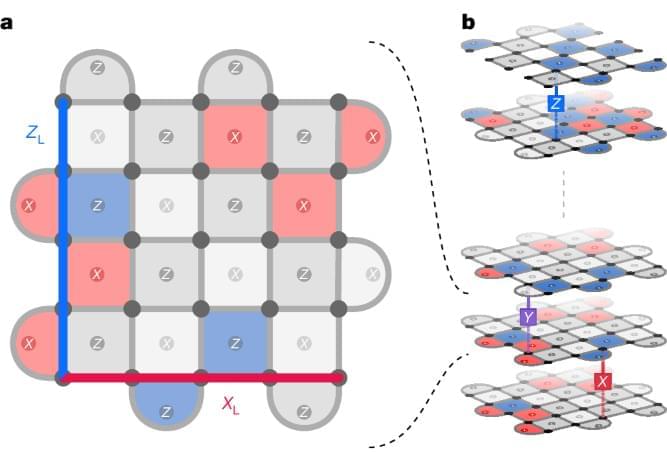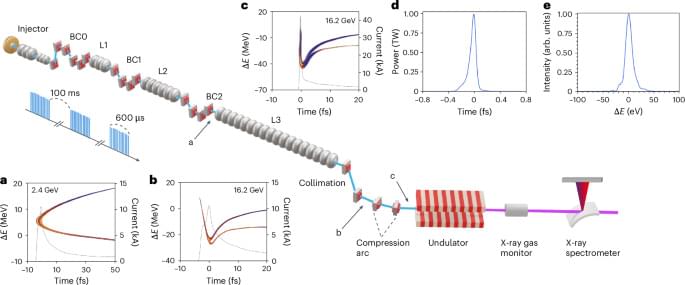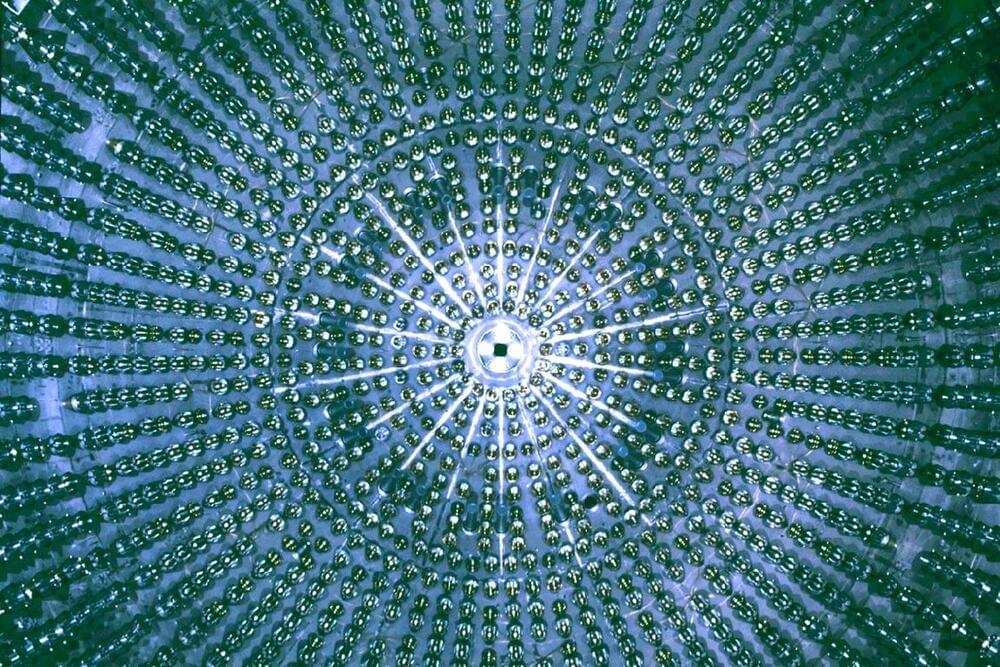When laser energy is deposited in a target material, numerous complex processes take place at length and time scales that are too small to visually observe. To study and ultimately fine-tune such processes, researchers look to computer modeling. However, these simulations rely on accurate equation of state (EOS) models to describe the thermodynamic properties—such as pressure, density and temperature—of a target material under the extreme conditions generated by the intense heat of a laser pulse.
One process that is insufficiently addressed in current EOS models is ablation, where the irradiation from the laser beam removes solid material from the target either by means of vaporization or plasma formation (the fourth state of matter). It is this mechanism that launches a shock into the material, ultimately resulting in the high densities required for high pressure experiments such as inertial confinement fusion (ICF).
To better understand laser–matter interactions with regard to ablation, researchers from Lawrence Livermore National Laboratory (LLNL), the University of California, San Diego (UCSD), SLAC National Accelerator Laboratory and other collaborating institutions conducted a study that represents the first example of using X-ray diffraction to make direct time-resolved measurements of an aluminum sample’s ablation depth. The research appears in Applied Physics Letters.

